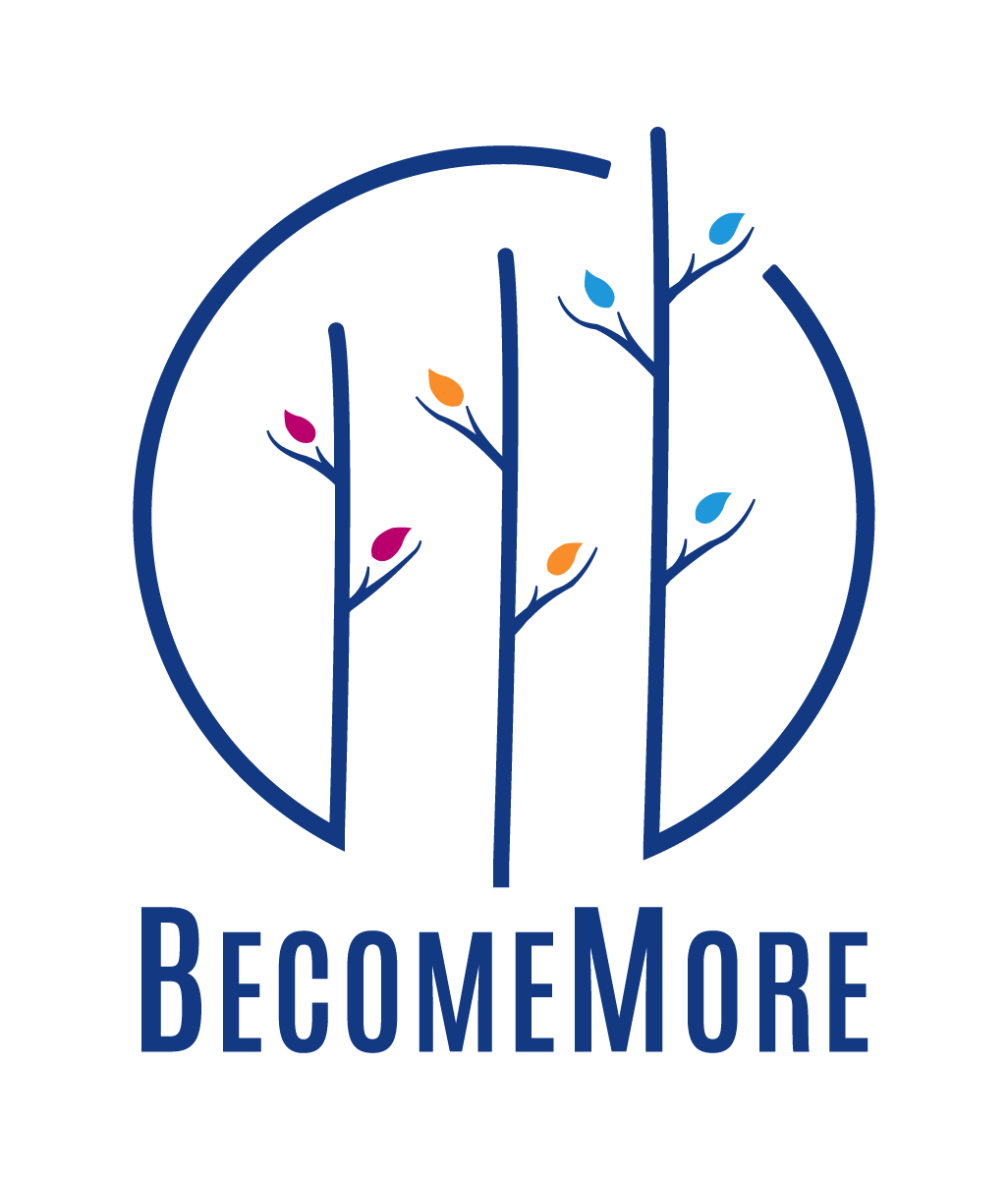
In a previous professional life, I worked in the same department for 20 years. Because I’d served in many roles, my institutional knowledge of our business was deep and wide: That new product we released in 2015? I knew why we launched it and why we weren’t creating it anymore. That old process for tracking expenses? I knew why we replaced it.
Whatever the topic, I enjoyed being the go-to sage regarding organizational history. I was like those bumpers in a bowling lane, filling the gutter so that ideas couldn’t go out of bounds and repeat past mistakes. I made sure new initiatives stayed in the “safe” zone based on what had and had not worked before.
In retrospect, I spent too much energy trying to protect my organization from making mistakes—and not enough time pushing on the boundaries. (That’s probably the High D in my Predictive Index at work.)
If we had worked together in those days, BecomeMore Group co-founder/owner Tammy Rogers would have called me on my pessimism. She would have pointed out that I was stuck looking in the rear view mirror too often.
Is your organization more comfortable talking about where you’ve been instead of where you’re going? Tammy has developed a list of clues you might be stuck in the status quo. In fact, she’s identified 99 signs. Ninety-nine phrases that might indicate you or your team aren’t giving innovative ideas a chance to take root.
If these phrases are common in your organization’s vocabulary, it might be time to reevaluate your company culture and check whether institutional history is holding you up or holding you back.
99 PHRASES THAT SUGGEST YOU’RE STUCK IN THE STATUS QUO
- Are you kidding me?
- Are you serious?
- Are you willing to bet your paycheck?
- Can you imagine how the executive team would react?
- Can you imagine how the staff is going to react?
- Get a grip!
- Get real!
- Great idea, but . . .
- Have you thought about how much money that will take?
- Have you thought about the effort this will take?
- Have you thought about the impact on production?
- Have you thought it through?
- Here we go again.
- Hey, there’s a recession going on.
- How about this instead?
- I don’t get it.
- I don’t think it will work.
- I love it, but . . .
- I think you need to keep working at it.
- I understand, but . . .
- I would be concerned from a DEI/JEDI/ JEDIB perspective.
- I’ll get back to you.
- If it ain’t broke…
- Interesting . . .
- It didn’t work then, and it won’t work now.
- It doesn’t line up with our values.
- It doesn’t mesh with our process.
- It will never fly.
- It won’t fit into our system.
- It won’t sell.
- It’s going to create more problems than it’s worth.
- It’s gonna kill our bottomline.
- It’s just right not for us.
- It’s not how we do things here.
- It’s too complicated.
- It’s too expensive.
- It’s way too late for that now.
- It’s too risky.
- Let’s do a little more research.
- Let’s look at it from another perspective.
- Let’s not reach beyond our grasp.
- Let’s not rock the boat.
- Let’s take a vote on it.
- Let’s wait ‘til we see the numbers.
- Nobody else does it that way.
- Nobody is going to buy that.
- Not now.
- Not today. Maybe later.
- Our investors won’t go for that.
- People will think we’re nuts!
- People won’t get it.
- Put it in the parking lot.
- Sales won’t go for that.
- So and so won’t like it.
- Sounds like a big headache.
- Sounds simple, but . . .
- Put a committee together to review it.
- That will take too many resources.
- That will take too much time.
- That won’t work.
- That’s a subject for another meeting.
- That’s been done before.
- That’s BS.
- That’s crazy!
- That’s going to cause a lot of problems.
- That’s not feasible.
- That’s not politically correct.
- That’s not the way we do things.
- That’s not us.
- That’s too off the wall.
- That’s unique, but . . .
- The accountants won’t go for that.
- The board will never say yes to that.
- The boss won’t go for that.
- The client is too conservative for that.
- The client is too liberal for that.
- The client won’t go for that.
- The lawyers won’t go for that.
- The staff is already overextended.
- The staff can’t handle any more changes.
- There’s no need to change what we’re doing today.
- Think about the pushback…
- We already have change-fatigue.
- We don’t have the capacity for that.
- We need to be realistic.
- We tried that once.
- We’d have to change the way we do things.
- We’ll lose money.
- We’ll step on too many toes.
- We’re not ready for that.
- We’ve never done anything like that before.
- What else do you have?
- What!?
- What makes you think that will work?
- What’s wrong with our current process?
- Where did that come from?
- Whose got time to do that?
- Why do we always need to change things?
- Yes, but . . .
What would you add to this list?

